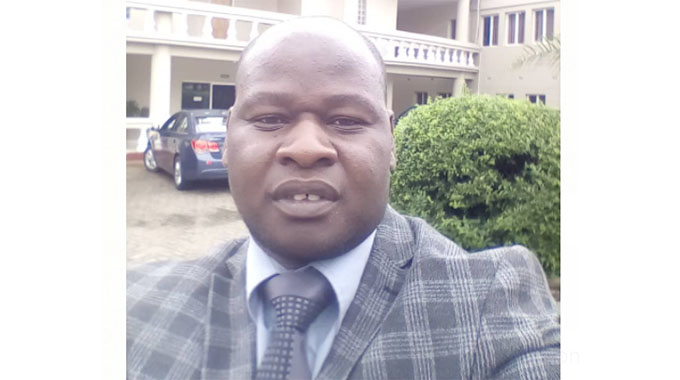Smallholder farmers fighting for climate justice

Margaret Chinowaita Correspondent
He stood at the podium with a sombre face, but spoke firmly of a disaster that changed Zimbabwe in general and Chimanimani in particular, the tragedy of climate change.
He travelled back in time to February 2019, a time when Zimbabwe experienced the worst cyclone disaster in living memory.
Taurai Sithole (34), is a young smallholder farmer from Chaseyama Village in Chimanimani.
He was speaking to farmers in Shashe block of farms in Masvingo on climate justice under the umbrella of Zimbabwe Smallholder Organic Farmers Forum and La Via Campesina, a global social movement that focus on peasant farmers.
“In 2019, we witnessed an extreme effect of climate change,” Taurai addressed his audience. “Chimanimani, a town that I live in was affected by Cyclone Idai. People’s homes were washed away, bridges, schools, clinics were destroyed. This disaster altered our whole lives.”
This was a disaster beyond proportions and two years later Zimbabwe is still reconstructing from the disaster and helping the surviving villagers have decent lives. Sithole is a member of Zimbabwe smallholder farmers under ZIMSOFF.
It’s mission statement is to influence policies and public awareness towards agroecology and small holder farmer’s rights. It works with a global social movement La Via Campesina (LVC).
The workshop was taking place at the same time the world was glued on deliberations of the Glasgow COP26 that was discussing climate change and the need to cut back on fossil fuel use to stem global warming.
Global warming is a new phenomenon that is seen through extreme temperatures, droughts, floods and cyclones. Planet earth is getting warmer each passing year and the poor and developing nations are bearing a disproportionate brunt of climate change.
Nelson Mudzingwa, the ZIMSOFF national coordinator, said his organisation was represented countrywide except in the metropolitan provinces of Bulawayo and Harare. He told the gathered farmers that climate change needs adaptation of new farming methods if families needed to remain food secure.
Mudzingwa said: “We want to mitigate climate change by tapping into what our forefathers used to do. The way they farmed that conserves the environment and use of traditional grains, like rapoko, finger millet that are drought resistant.
“In the past 10 years we have had seven bad years without enough rainfall. We want to be able to mitigate climate change by the means that were passed to us by our ancestors.”
Mudzingwa said developed countries, particularly those in the north, owed those in the south for the destruction they were doing to the planet.
“In the global north, they are actually refusing to pay the climate debt which is a big issue,” he said. “They are offering false solutions like climate smart agriculture and giving our government solutions that will not work.”
ZIMSOFF is encouraging a farming method called agroecology that conserves the environment while realising big yields. The method is steeped in tradition where the planting of trees, use of unprocessed seed, and non-use of chemicals on the soil are encouraged.
Delma Ndhlovu, a smallholder farmer and chairperson of ZIMSOFF board, echoed the same sentiments and re-emphasised the need for developed world to compensate developing countries.
“We are calling for climate justice, to say those that are responsible for climate change must make sure that those that suffering from climate change are compensated and assisted to mitigate against the effects of climate change,” Ndhlovu said. Zimbabwe, for its part, has introduced and is supporting a national farming project called Pfumvudza.
“Farmers are being encouraged to dig holes to plant seeds, the use mulching of putting grass and manure to make sure that the plant conserves moisture,” said Eliphas Mugari an Agritex extension officer. Climate Justice officer for La Via Campesina Southern and Eastern Africa (LVC SEAf), Brenda Muronda, said the regional chapter of LVC has been working on the Peasant Agroecology Achieves Climate Justice initiative with its eight members in South Africa, Mozambique, Kenya, Tanzania, Uganda, DRC and Zimbabwe.
“This initiative has been focused on building documentation such as videos, a primer and research papers for evidence-based advocacy to clearly highlight that small scale food producers are already implementing actions through peasant agroecology that can bring about climate justice to their communities and the rest of the world,” she said.









Comments